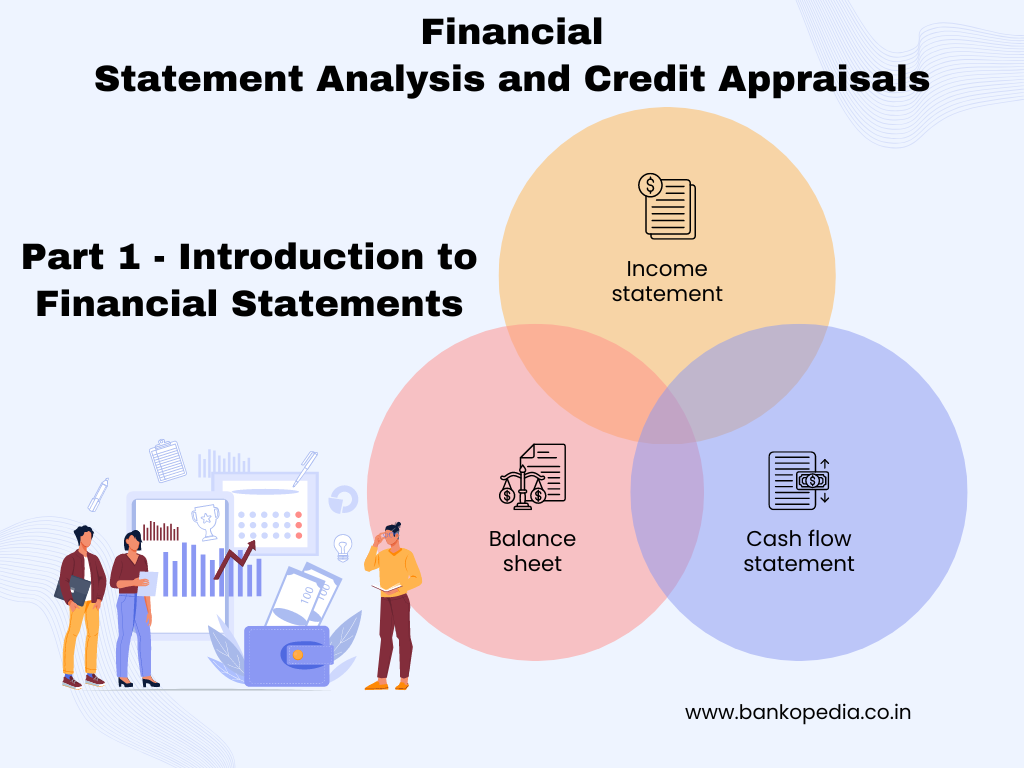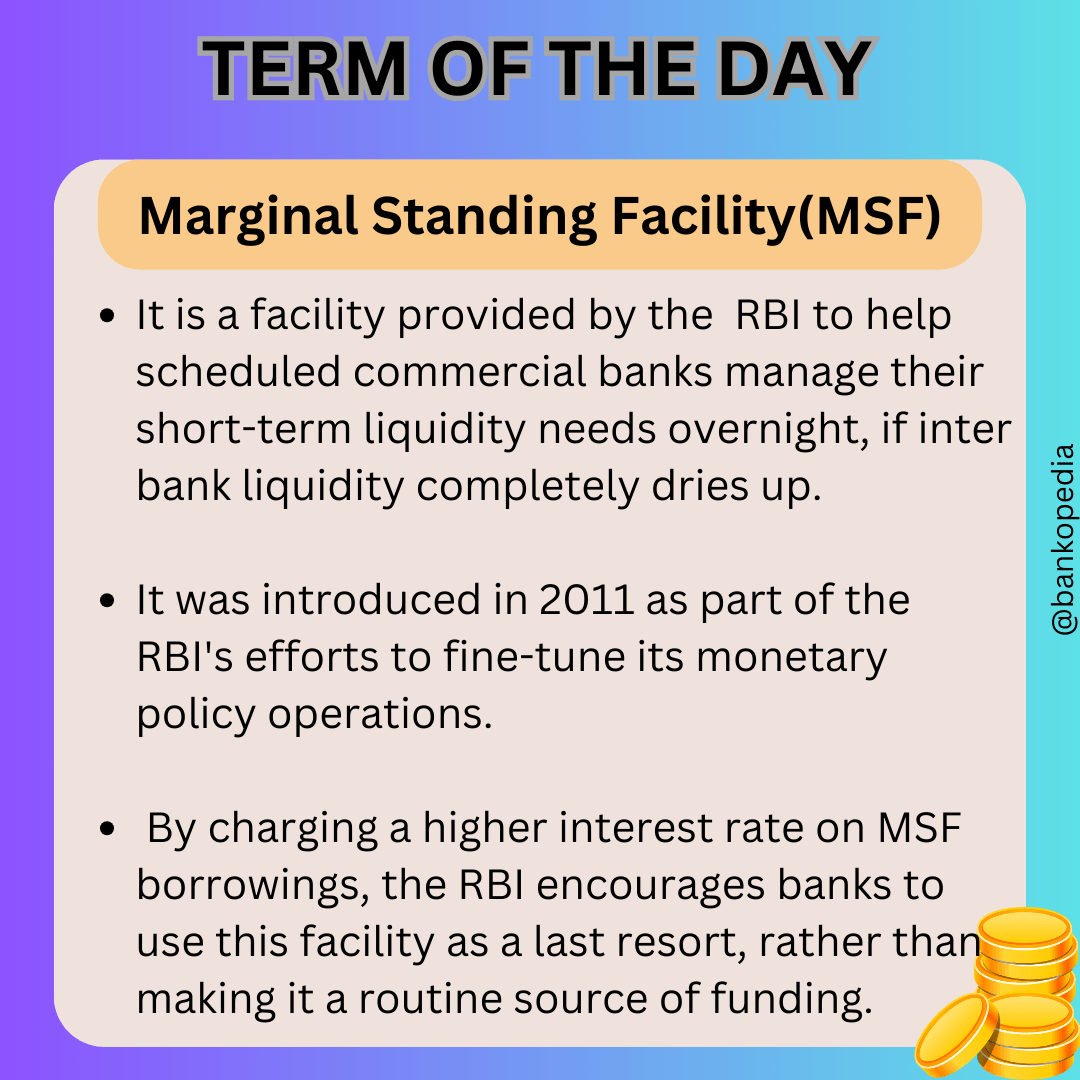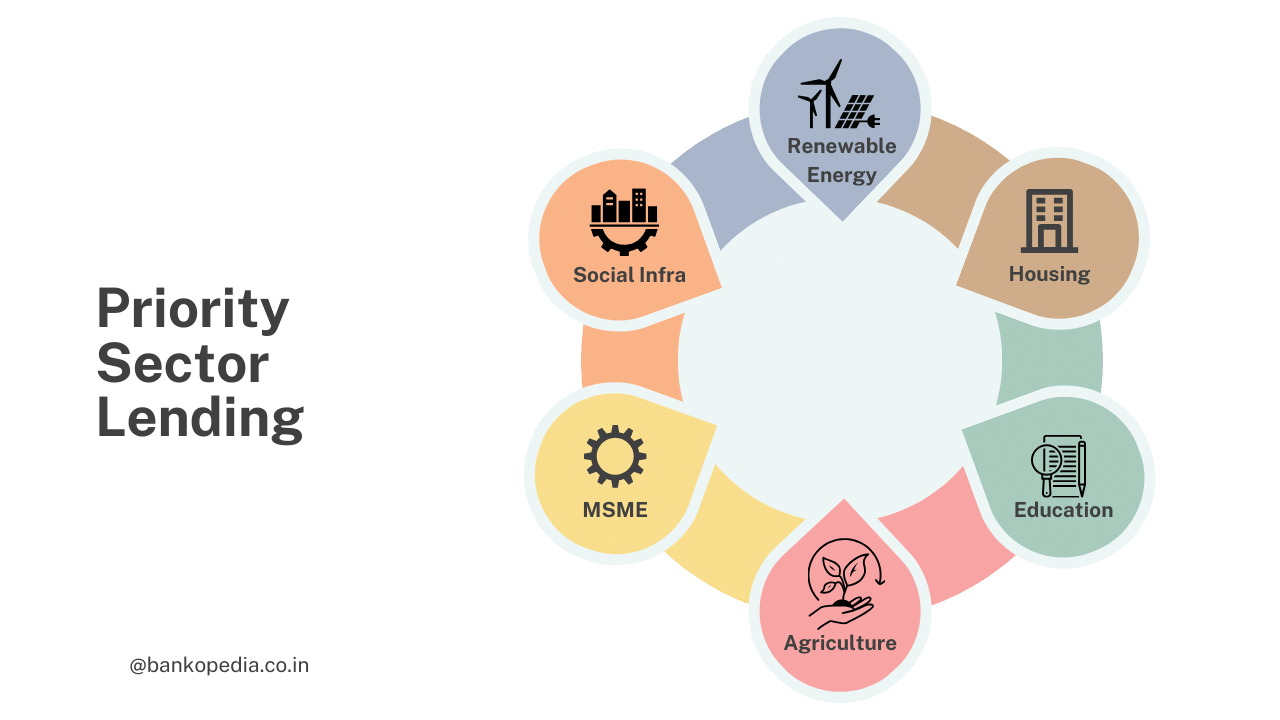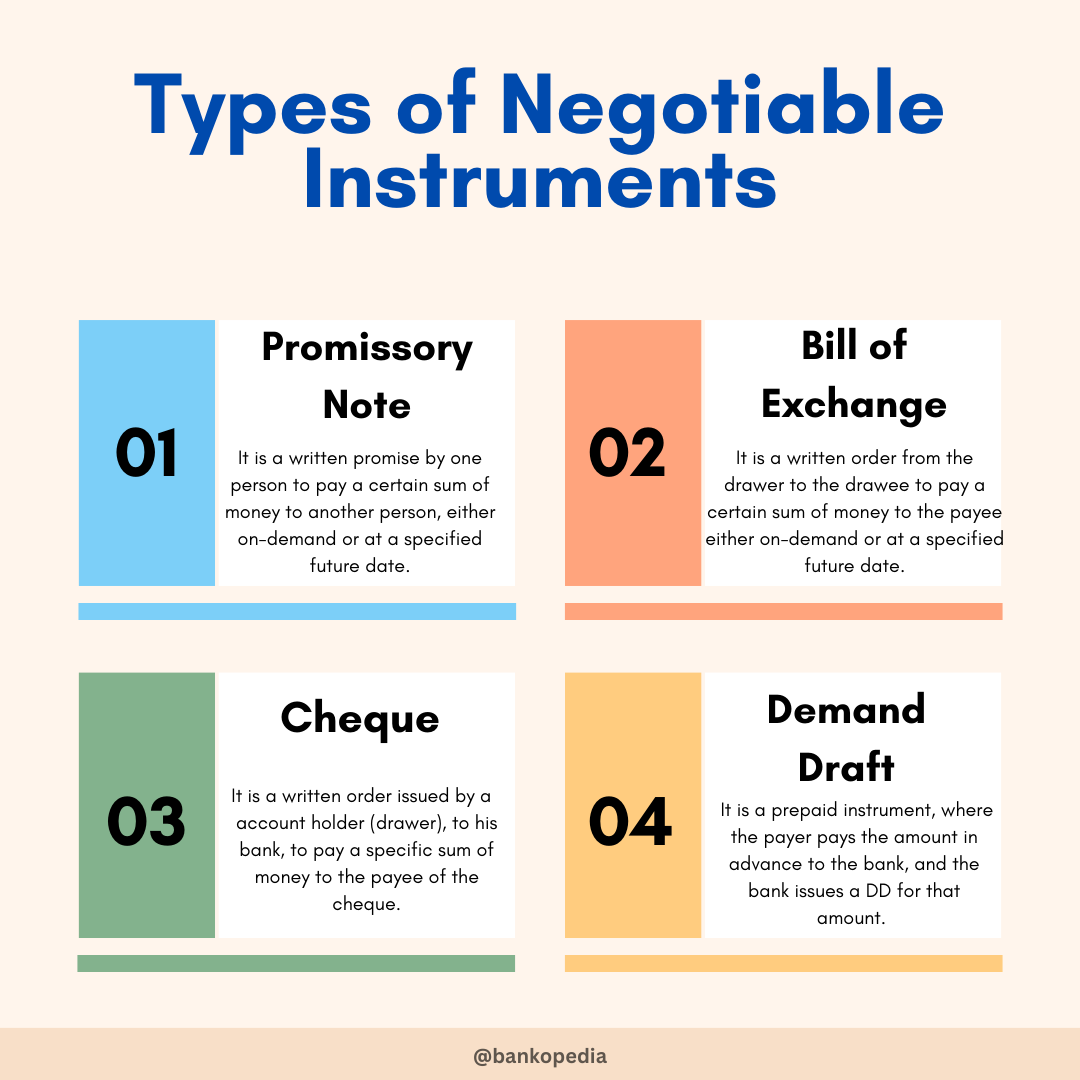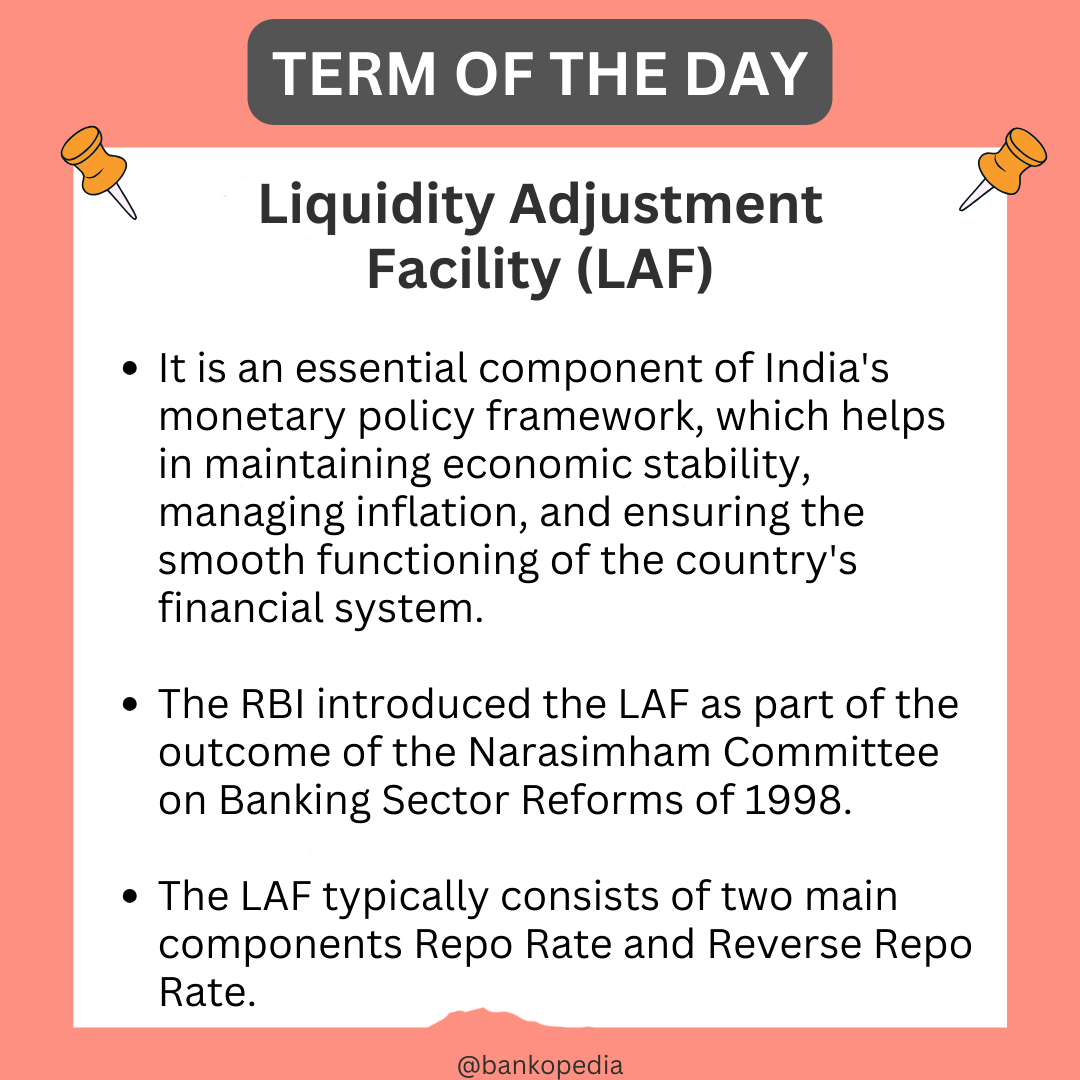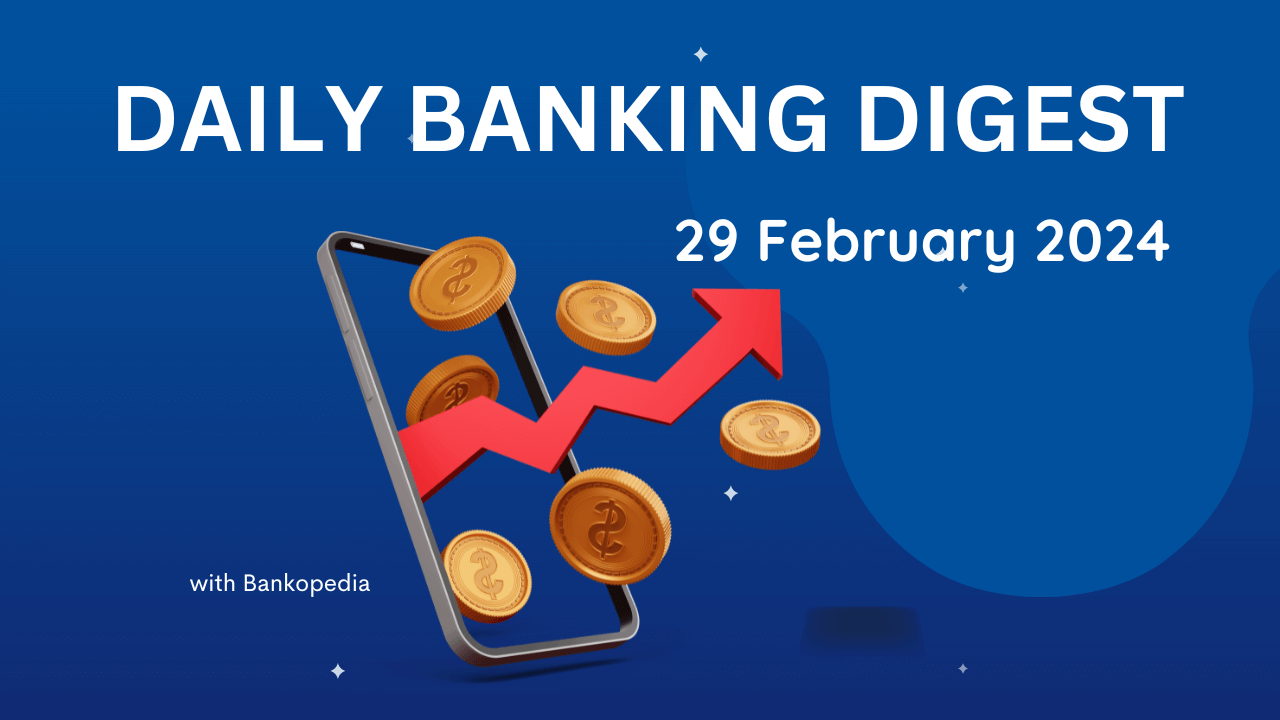Welcome to Daily Banking Digest, your premier source for the latest news and insights on April 11, 2024, focusing on banking, the economy, and finance. Our platform offers a comprehensive overview of the day’s most critical financial stories, market trends, and economic developments. Whether you’re a professional in the financial sector, an investor monitoring market movement, or someone interested in staying informed about the economic landscape, Daily Banking Digest provides reliable, up-to-date information.

Join our Telegram Channel for Daily PDF in your Inbox – Click Here
Table of Contents
RBI Grants CAMS Approval to Operate as an Online Payment Gateway
Computer Age Management Services Ltd (CAMS) has received authorization from the Reserve Bank of India (RBI) to operate as an online payment aggregator. This authorization allows CAMS to facilitate online payments for its clients, including mutual funds, insurance companies, banks, and non-banking finance companies.
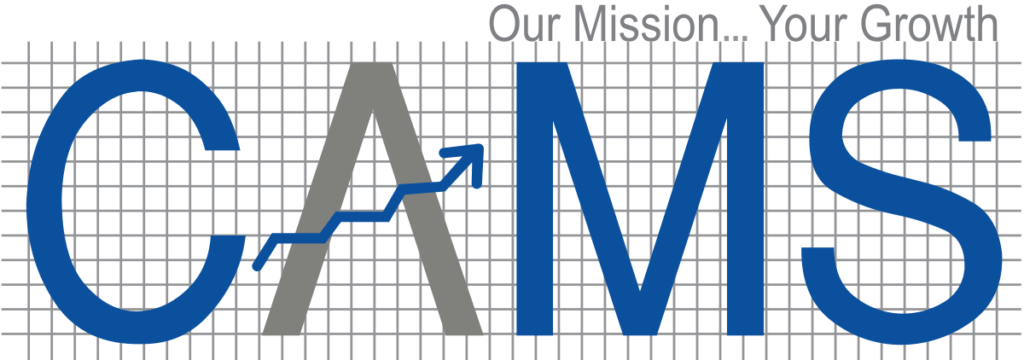
Key Points:
- Authorization Granted: RBI has granted authorization to CAMS to operate as an online payment aggregator.
- Certificate of Authorization: CAMS has received a certificate of authorization bearing No 183/2024.
- In-Principle Authorization: CAMS received an in-principle authorization from RBI in February 2023.
- Application for Authorization: CAMS applied for authorization after the payment aggregator industry became regulated in March 2020.
- CAMSPay: CAMS’s payment business unit, CAMSPay, has been in the payment solutions industry for 15 years.
- Client Portfolio: CAMSPay serves a diverse portfolio of clients, including mutual funds, insurance companies, banks, and non-banking finance companies.
- UPI Autopay Mandates: CAMSPay achieved a registration of over 1.2 million mandates for UPI autopay in March 2024.
Delayed RuPay Debit Card Issuance Hinders PMJDY’s Progress
The Pradhan Mantri Jan Dhan Yojana (PMJDY), India’s flagship financial inclusion scheme, has rapidly expanded its reach, but the delay in issuing RuPay Debit cards is hindering the full realization of its benefits. The lack of cards limits account holders’ ability to make transactions and access certain facilities, such as overdraft.

Key Points
Beneficiary Growth – As of March 27, 2024, PMJDY had 51.95 crore account holders with a total balance of ₹2,32,505 crore. – Women beneficiaries account for 29 crore, while rural and semi-urban beneficiaries account for 34.58 crore.
RuPay Debit Card Issuance Lag – There is a growing mismatch between the number of PMJDY beneficiaries and the issuance of RuPay Debit cards. – The reasons for this discrepancy need to be investigated.
Importance of RuPay Cards – RuPay PMJDY cards facilitate transactions and provide personal accidental death and total disability cover. – They are essential for accessing credit facilities and building credit ratings.
Inactive Accounts – About 20% of PMJDY accounts are inactive as of June 2023. – The lack of cards is a contributing factor to account inactivity.
ICRA Downgrades Banking Sector Outlook to ‘Stable’ from ‘Positive’ for FY25
ICRA has revised its outlook for Indian banks to “stable” from “positive” for FY25, citing expectations of moderated credit growth and profitability. Despite a healthy overall profile, challenges in deposit mobilization and regulatory measures may slow down consumer credit growth.

Key Points:
Outlook: – ICRA revises outlook for Indian banks to “stable” from “positive” for FY25.
Credit Growth: – Credit growth expected to moderate to 11.7-12.5% in FY25 from 16.3% in FY24. – NBFC expansion expected to slow down to Rs 19.0-20.5 trillion in FY25 from Rs 22 trillion in FY24.
Profitability: – Margin pressure expected due to rising deposit costs and potential rate cuts in FY25. – Loan book growth to drive healthy earnings, sufficient for regulatory and growth capital requirements.
Credit to Deposit Ratio (C/D Ratio): – C/D ratio estimated to increase to 78% as of March 22, 2024. – High C/D ratio may pose challenges for deposit mobilization and limit banks’ ability to cut rates.
Competition for Deposits: – Competition for deposit mobilization expected to remain high in FY25. – Policy rate cuts could further challenge banks’ net interest margins.
Bank of Baroda Increases Lending Rates by 0.05% for Select Loan Terms
Bank of Baroda has increased its MCLR by 5 basis points across three tenures, with the one-year MCLR now at 8.85%. This move follows the RBI’s decision to keep the repo rate unchanged and its expectation of further rate adjustments by banks.

Key Points:
- MCLR Increase: Bank of Baroda has increased its MCLR by 5 basis points across three tenures.
- One-Year MCLR: The one-year MCLR has risen to 8.85%.
- Six-Month MCLR: The six-month MCLR has been increased to 8.65%.
- Three-Month MCLR: The three-month MCLR has been increased to 8.45%.
- Non-Retail Loans: Most non-retail loans are linked to the one-year MCLR.
- RBI’s Monetary Policy: The RBI has kept the repo rate unchanged at 6.5% and expects further rate adjustments by banks.
- HDFC Bank’s MCLR Increase: HDFC Bank, the country’s largest private sector lender, recently raised its MCLR on a few tenures by 5 basis points.
China Disputes Fitch’s Fiscal Outlook Assessment, Maintains Economic Stability
China’s Finance Ministry has criticized Fitch Ratings’ decision to downgrade its sovereign debt outlook to negative, arguing that the country’s deficit is manageable and risks are under control. Fitch cited rising risks to China’s public finances due to local government debt and the shift away from the property industry. However, the ministry emphasized the country’s economic strength and foreign exchange reserves as reasons for maintaining its A+ rating.

Key Points:
- Fitch Downgrades China’s Sovereign Debt Outlook: Fitch downgraded China’s outlook to negative due to rising risks to public finances, including local government debt and the shift away from the property industry.
- China’s Finance Ministry Criticizes Fitch: The ministry denounced Fitch’s report, claiming it failed to consider Beijing’s efforts to improve government spending and that the deficit is at a moderate level.
- China’s Deficit Forecast to Rise: Fitch forecasts China’s general government deficit to rise to 7.1% of GDP in 2023, up from 5.8% in 2022.
- Tax Relief and Property Investments Impact Revenue: Tax relief measures and weaker property investments have eroded the government’s tax revenue capacity.
- China’s Economic Growth Forecast: Fitch forecasts China’s economy to expand at 4.5% in 2023, down from 5.2% in 2022.
- Property Sector Troubles Ripple Through Industries: The financial troubles in the property sector are impacting construction companies and other related industries.
- Moody’s Downgraded China’s Credit Rating Outlook: Moody’s also downgraded China’s credit rating outlook in December 2022.
- Dilemma for Policymakers: Fitch’s move highlights the dilemma policymakers face in balancing growth and debt sustainability.
Banks Prioritize High-Yield Corporate and State Bonds over Government Securities in Their Held-to-Maturity Portfolios
Banks are shifting their investment strategies to prioritize instruments with higher premiums, such as corporate bonds and state government securities, to enhance the yield on their Held Till Maturity (HTM) portfolios. This shift is driven by new investment norms that allow banks to hold Non-Statutory Liquidity Ratio (Non-SLR) bonds in their HTM portfolios.
Key Points:
- Preference for Higher Premiums: Banks are favoring instruments with higher premiums over government securities to boost portfolio yield.
- Corporate Bond Demand: Demand for AAA-rated corporate bonds is increasing due to attractive yield spreads compared to government bonds.
- Non-SLR Bonds in HTM: Banks are now permitted to hold Non-SLR bonds in their HTM portfolios, subject to certain maturity restrictions.
- Permanent HTM Classification: Bonds must be permanently classified as HTM, with limited exceptions for withdrawals.
- State Government Securities: State government securities offer higher premiums compared to central government securities, making them attractive for HTM portfolios.
- Reclassification Restrictions: Banks are prohibited from reclassifying investments between categories without board and RBI approval.
- Fair Value Pricing: Securities classified as Held for Trading (HFT) must be fair valued daily, while other securities in Fair Value Through Profit or Loss (FVTPL) must be fair valued at least quarterly.
NCLAT Approves Insolvency Proceedings Against Tulip Hotels for Breach of Guarantees
The National Company Law Appellate Tribunal (NCLAT) has upheld the insolvency proceedings against Tulip Hotels, a corporate guarantor for loans given to Cox & Kings and EzeeGo One Travel & Tours. The tribunal ruled that when a corporate debtor defaults on a loan, the financial creditor can initiate action against the guarantor, even if the guarantor is not related to the defaulter.

Key Points:
1. Insolvency Proceedings Upheld: – NCLAT upheld the insolvency proceedings against Tulip Hotels, initiated by Yes Bank for defaulting on corporate guarantees.
2. Corporate Guarantor’s Liability: – When a corporate debtor defaults on a loan, the financial creditor can initiate action against both the debtor and the corporate guarantor. – The default by the principal borrower and the guarantor arises on the same date, unless otherwise specified in the guarantee contract.
3. Yes Bank’s Invocation of Guarantee: – Yes Bank invoked the guarantee of Rs 450 crore each given by Tulip Hotels for loans to Cox & Kings and EzeeGo One Travel and Tours. – Tulip Hotels failed to clear the outstanding due, leading to the initiation of insolvency proceedings.
4. Tulip Hotels’ Contention: – Tulip Hotels argued that it was not related to the defaulters and had not received any funds from them. – However, NCLAT dismissed this contention, stating that the financial debt and default had been proven.
Indian Companies Raise $2.22 Billion Through External Commercial Borrowings in February
India’s external commercial borrowing (ECB) witnessed a decline in February 2024, with a 39% decrease in funds raised compared to January. However, over the period of April-February 2023-24, ECBs to India showed a positive turnaround, with net inflows of $3.7 billion.
Key Points:
ECB in February 2024: – India Inc raised $2.22 billion via ECBs, a 39% decrease from January’s $3.09 billion.
ECB in April-February 2023-24: – Net inflows of $3.7 billion, reversing the net outflows of $4.7 billion in the same period last year. – ECB agreements amounted to $41.5 billion, significantly higher than the $22.8 billion in 2022-23.
Entities Raising ECBs in February 2024: – JSW Vijayanagar Metallics ($250 million) – Cholamandalam Investment & Finance Company ($200 million) – Interglobe Aviation ($184 million) – SAEL Solar P4 Pvt Ltd ($147.38 million) – L&T Finance Holding and Bajaj Finance ($125 million each) – WEB Werks India Pvt Ltd ($100 million)
Definition of ECBs: – Commercial loans raised by eligible Indian entities from non-resident entities. – Subject to regulations regarding maturity, end-uses, and cost ceilings.
PSU Banks Outperform Private Peers in Market Capitalization Growth in Q4
State-owned banks in India outperformed their private counterparts in the fourth quarter of fiscal year 2024, driven by improved financial metrics and the government’s focus on long-term infrastructure projects.
Key Points:
Market Capitalization Gains: – 15 of the 20 largest banks in India saw gains in market capitalization, with 13 posting double-digit increases. – All PSU banks on the list of the country’s 20 largest banks improved their market capitalization from the previous quarter.
Government Support: – The government’s focus on long-term infrastructure projects benefits state-owned banks due to their higher exposure to these sectors.
Top Performers: – Indian Overseas Bank led the 20 largest banks with a 38.5% increase in market capitalization. – Punjab & Sind Bank and Bank of Maharashtra ranked second and third with gains of 38.4% and 38.1%, respectively.
Private Bank Performance: – Only ICICI Bank and Yes Bank among private banks saw an improvement in market capitalization, posting single-digit growth. – HDFC Bank, Kotak Mahindra Bank, Axis Bank, IndusInd Bank, and IDFC First Bank witnessed declines in market capitalization.
Investor Sentiment: – Investor sentiment towards Indian banks, especially PSU banks, has strengthened due to robust credit growth in a fast-growing economy. – The Nifty PSU Bank Index surged by over 22% in Q1, while the Nifty Private Bank Index declined by over 5%.
Customer Service Interactions: A Major Source of Grievances in the BFSI Sector
A survey by Kapture CX reveals that customer service interactions are the primary grievance issue in the BFSI sector, with 68% of industry leaders identifying it as a major concern. The report highlights the need for immediate redressal of customer service issues to enhance overall customer satisfaction.
Key Points:
Customer Service Interactions: – 68% of industry leaders identify customer service interactions as the predominant grievance issue.
Transparency in Fees and Charges: – 18% of respondents cite transparency in fees and charges as a major cause of customer grievances.
Understanding Products and Services: – 9% of respondents indicate difficulty understanding products and services as a grievance issue.
Ease of Account Management: – 6% of respondents highlight ease of account management as a key grievance.
Increased Customer Acquisition: – Banks’ focus on customer acquisition has led to a rise in customer grievances.
Need for Grievance Redressal: – Little attention is being paid to grievance redressal, necessitating prioritization of customer service interactions.
Digitization and Customer Grievances: – The shift to online banking has not diminished the importance of customer service due to increased fraud and technology issues.
Third-Party Account Takeovers: – Third-party account takeovers account for 55% of banking fraud cases in India.
Mule Accounts: – Mule accounts are a growing concern, with most going unreported.
Global Trade Expected to Rebound in 2024: WTO
The World Trade Organization (WTO) forecasts a gradual recovery in global goods trade in 2024 and 2025, following a contraction in 2023. India’s merchandise exports declined in 2023, while its share in global goods exports and digitally delivered services increased. However, geopolitical tensions and economic policy uncertainty pose downside risks to the trade outlook.

Key Points:
Global Goods Trade Outlook:
- Global goods trade volume expected to increase by 2.6% in 2024 and 3.3% in 2025.
- Regional conflicts, geopolitical tensions, and economic policy uncertainty pose downside risks.
India’s Trade Performance:
- India’s merchandise exports in 2023 were $432 billion, down 5% from the previous year.
- India’s share of global goods exports was 1.8% in 2023.
- India’s share in digitally delivered services rose to 6% in 2023.
Global Services Trade:
- India’s share in global commercial services exports increased to 4.4% in 2023.
- Signs of fragmentation emerging in services trade, with US imports from Asian trading partners declining.
Risks to Trade Recovery:
- Conflict in the Middle East and geopolitical tensions could lead to trade fragmentation.
- Rising protectionism poses a risk to trade recovery.
WTO Director-General’s Statement:
- WTO Director-General Ngozi Okonjo-Iweala emphasizes the importance of mitigating risks to maintain economic growth and stability.
Government Tightens Tax Relief for Mauritius-Based Foreign Portfolio Investors
India and Mauritius have amended their double-taxation avoidance agreement, increasing scrutiny of foreign investments made through Mauritius. The amendment aims to prevent indirect tax benefits to residents of third countries and requires investors to demonstrate that tax relief is not the primary purpose of their investment.
Key Points:
Tighter Norms:
- Investments made through Mauritius will face greater scrutiny.
- Investors must demonstrate that tax relief is not the principal purpose of their investment.
Principal Purpose Test:
- Revenue authorities will apply the “Principal Purpose Test” to determine if tax relief is justified.
- This test requires a higher threshold of commercial rationale for investments based in Mauritius.
Impact on Foreign Portfolio Investors:
- Foreign portfolio investors based in Mauritius currently claim tax exemption on capital gains on derivatives transactions.
- They must now prove sufficient non-tax justification and commercial rationale to claim treaty benefits.
Multilateral Convention to Implement Tax Treaty Related Measures to Prevent Base Erosion and Profit Shifting (MLI):
- The amendment aligns with the provisions of the MLI, which aims to prevent tax avoidance.
- The MLI allows countries to decline treaty benefits if the principal purpose of an arrangement is tax avoidance.
Retrospective Application:
- The protocol is likely to be applied retrospectively, even to shares acquired before April 1, 2017.
- Capital gains on investments made before that date may now be taxable.
Impact on Debt Investments and Dividend Withholding Rate:
- Investments in debt instruments or non-Indian companies with significant Indian subsidiaries may face higher scrutiny.
- The favorable dividend withholding rate of 5% provided by the treaty may be impacted.
EPFO Wage Ceiling Proposed to Increase to ₹21,000
The government is considering raising the wage ceiling under the Employees’ Provident Fund Organisation (EPFO) to ₹21,000 from the current ₹15,000 to expand social security coverage. This move aims to bring more workers under the social security net and align the wage ceilings of EPFO and ESIC.
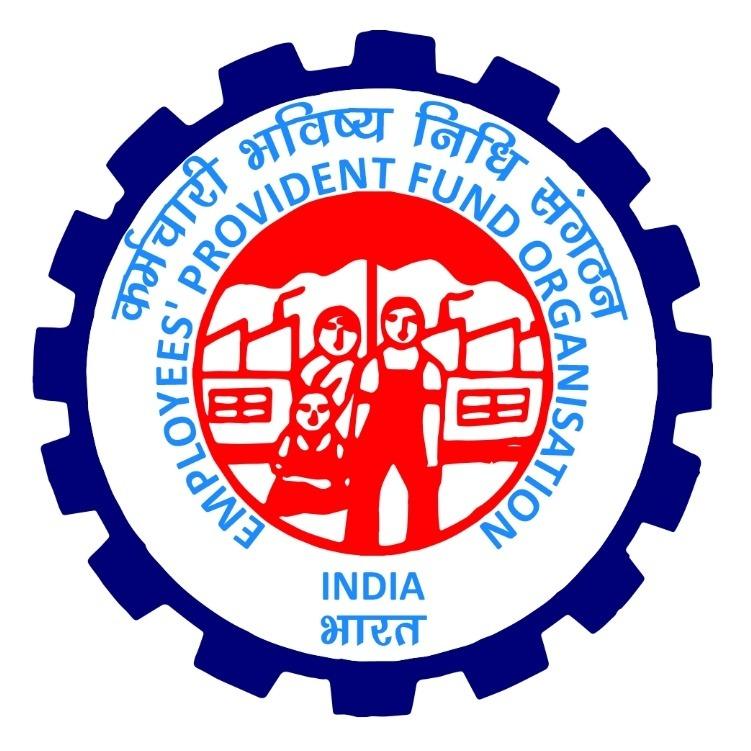
Key Points:
- Proposal to Raise Wage Ceiling: The government is evaluating a proposal to increase the EPFO wage ceiling to ₹21,000.
- Financial Implications: Raising the wage ceiling would have financial implications for both the government and private sector.
- Need for Expansion: The government believes it is necessary to expand social security coverage to more workers.
- Minimum Wage Impact: Millions of workers with minimum wages between ₹18,000 and ₹25,000 would benefit from the enhanced wage ceiling.
- Last Wage Ceiling Increase: The EPFO wage ceiling was last raised in 2014 from ₹6,500 to ₹15,000.
- ESIC Wage Ceiling: ESIC has a higher wage ceiling of ₹21,000 since 2017.
- Alignment of Wage Ceilings: The government aims to align the wage ceilings of EPFO and ESIC.
- EPFO Contributions: Under EPFO, both employees and employers contribute 12% of basic salary to the EPF account.
- EPFO Benefits: EPFO subscribers are entitled to provident fund, pension, and insurance benefits.
Banks Scrutinize LRS Remittances, Seeking Source of Funds
Banks in India are increasing scrutiny of funds being transferred abroad under the Liberalised Remittance Scheme (LRS), particularly for property acquisitions. They are questioning the source of funds and seeking documentation to ensure compliance with regulations and prevent potential misuse.
Key Points:
Increased Scrutiny of LRS Remittances:
- Banks are questioning the source of funds being transferred abroad, especially for property purchases.
- They are reviewing past income statements and inquiring about the nature of funds, such as whether they are gifts from relatives.
Regulatory Clarity Needed:
- Some tax professionals and bankers believe that greater regulatory clarity is needed on what is allowed and what is not under the LRS.
- Authorized dealer (AD) banks are holding back remittances based on internal instructions that are not publicly available.
Rising LRS Remittances:
- Total remittances under LRS have increased significantly in recent years, reaching $27.4 billion for the April-January period of 2023-24.
Banks’ Concerns:
- Banks suspect that some individuals may be using the LRS window for purposes it was not intended for.
- They are concerned about potential misuse of funds for illegal or laundering purposes.
Multiple Scenarios for Fund Remittances:
- Individuals may remit funds as cash gifts, borrowed funds, or funds obtained through financing from their own companies.
- AD banks are scrutinizing such transactions to ensure that funds belong to the remitter and are not being used for illegal purposes.
Gift Remittances:
- Gift remittances are a common mechanism for families to pool funds for property purchases abroad.
- Banks are questioning the source of such gifts to ensure compliance with LRS limits.
Internal Bank Policies:
- Asking for source details is not a mandate under LRS norms but may be driven by internal bank policies or account-specific matters.
- It serves as a check to prevent individuals from exceeding LRS limits indirectly.
SBI and ICICI to Facilitate European Banks’ Operations in India
State Bank of India (SBI) and ICICI Bank are likely to facilitate third-party clearing for European banks after the European Securities and Markets Authority (ESMA) de-recognized the Clearing Corporation of India (CCIL). This move aims to ensure continuity of transactions for European banks in Indian government bonds and derivatives.

Key Points:
1. Local Intermediaries for European Banks: – SBI and ICICI Bank will act as local intermediaries for European banks seeking third-party clearing.
2. ESMA’s De-Recognition of CCIL: – ESMA de-recognized CCIL due to RBI’s refusal to grant inspection and audit rights to foreign bodies.
3. Third-Party Clearing Model: – SBI and ICICI will perform third-party clearing for derivatives trades, with CCIL remaining the counterparty. – The bond clearing model is still under discussion, particularly regarding the status of government securities accounts.
4. Regulatory Tussle: – The regulatory tussle stems from efforts by developed economies to de-risk their markets after the global financial crisis. – RBI has expressed concerns about extra-jurisdictional overreach and the resilience of Indian regulations.
5. Deadline for Foreign Banks: – Foreign banks have a deadline of October 2024 to stop transacting with CCIL.
